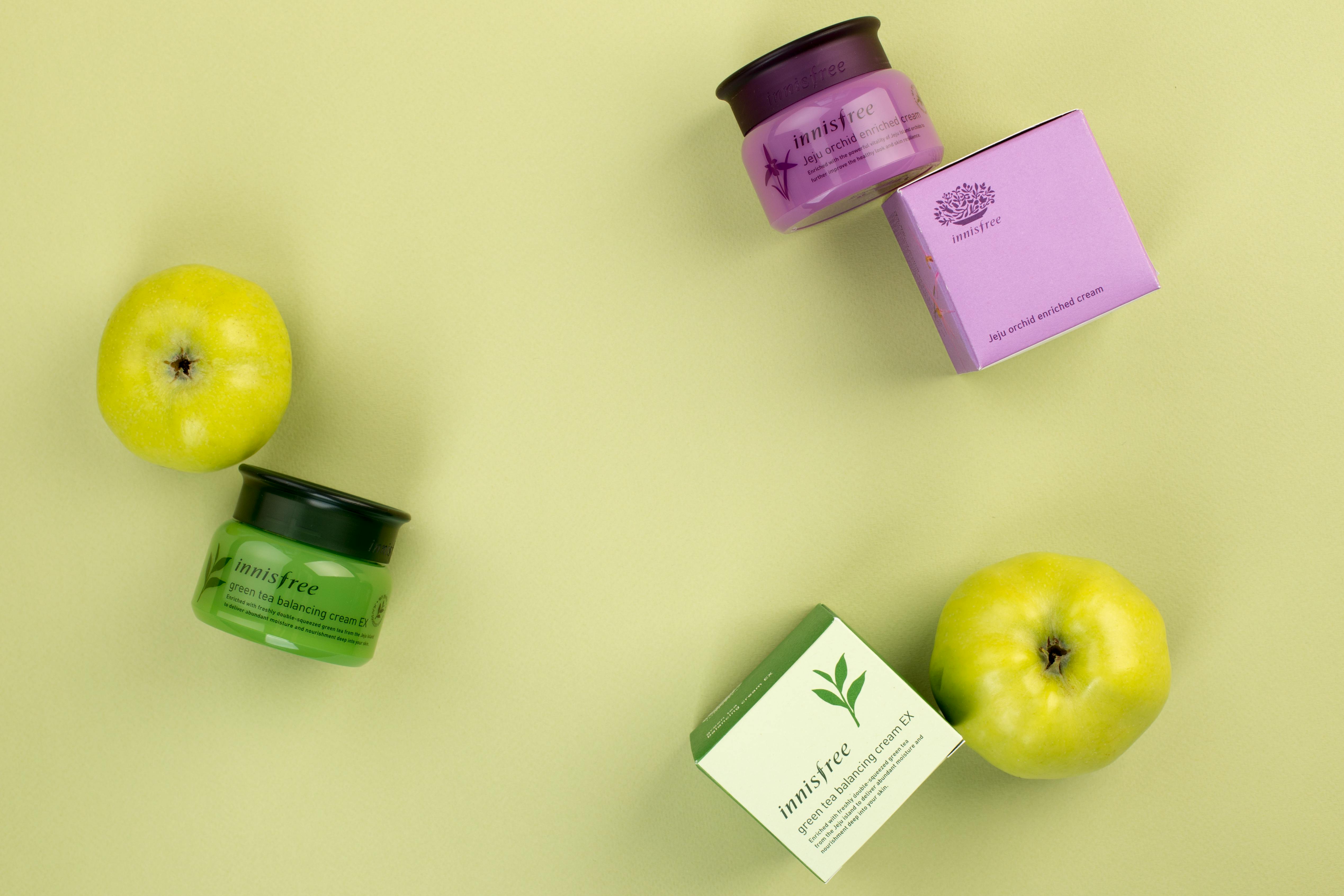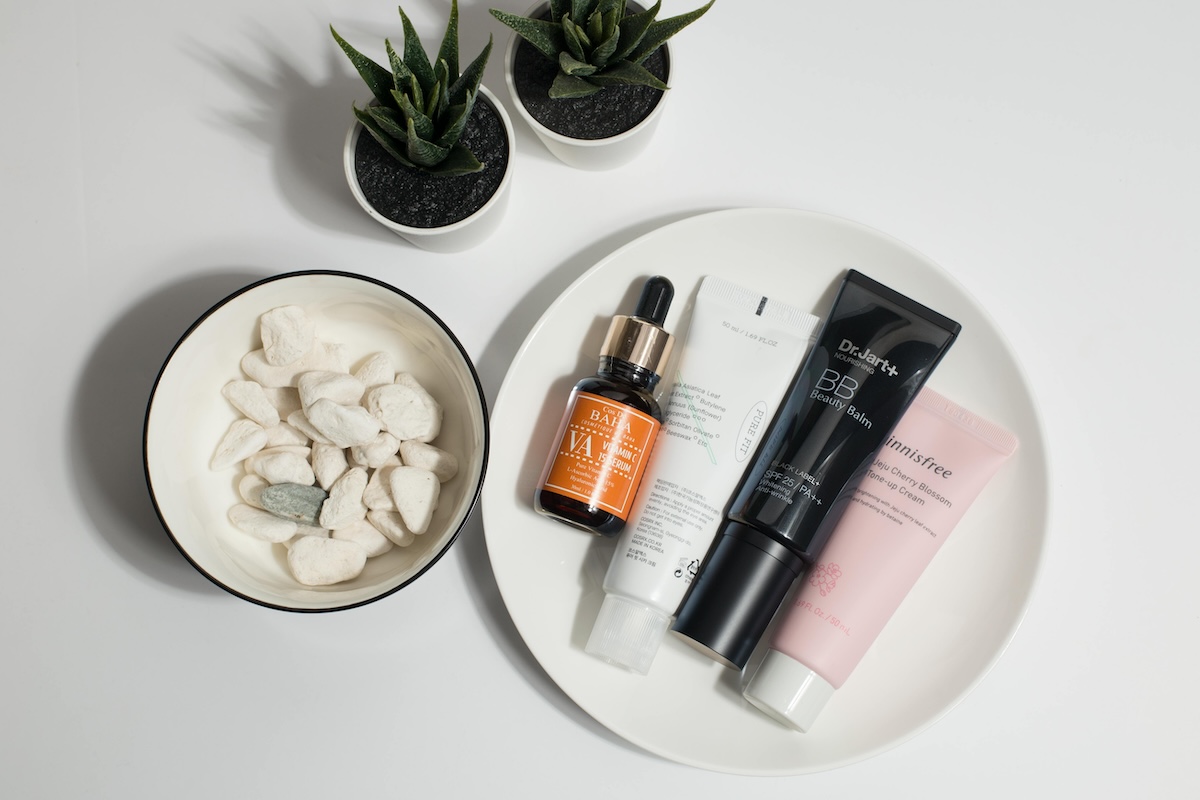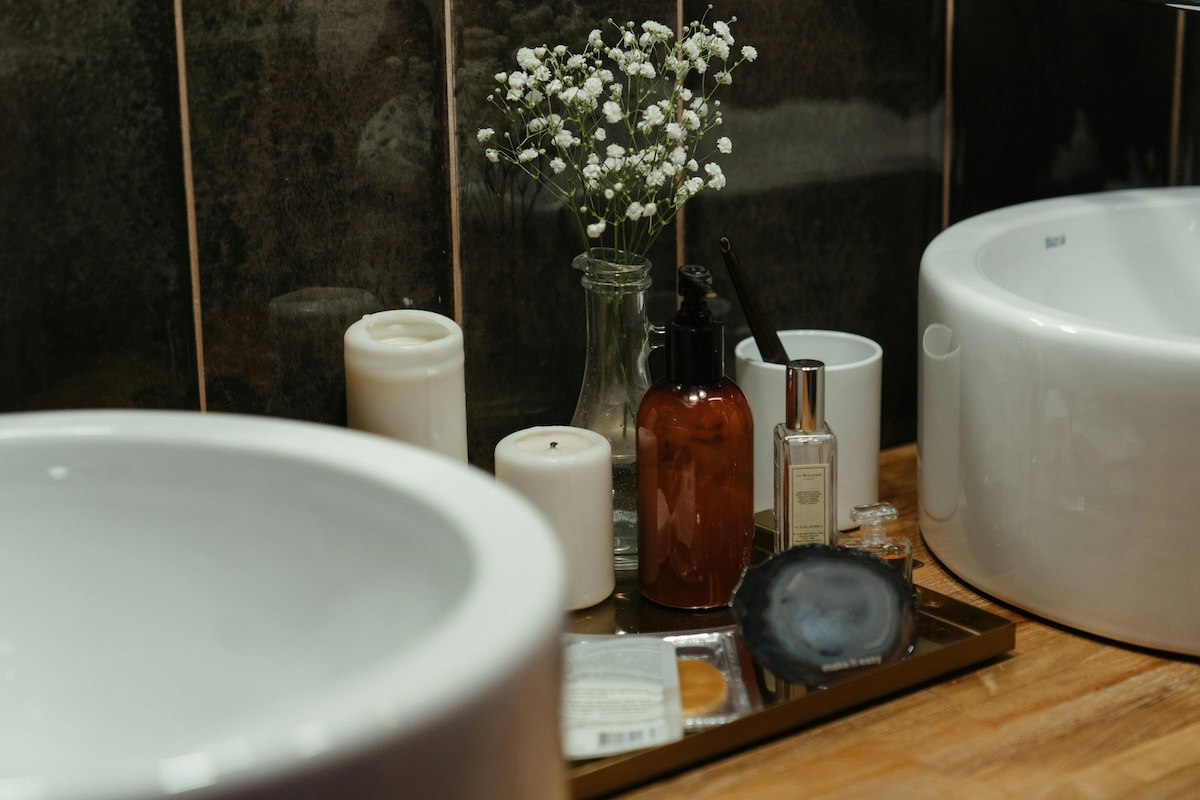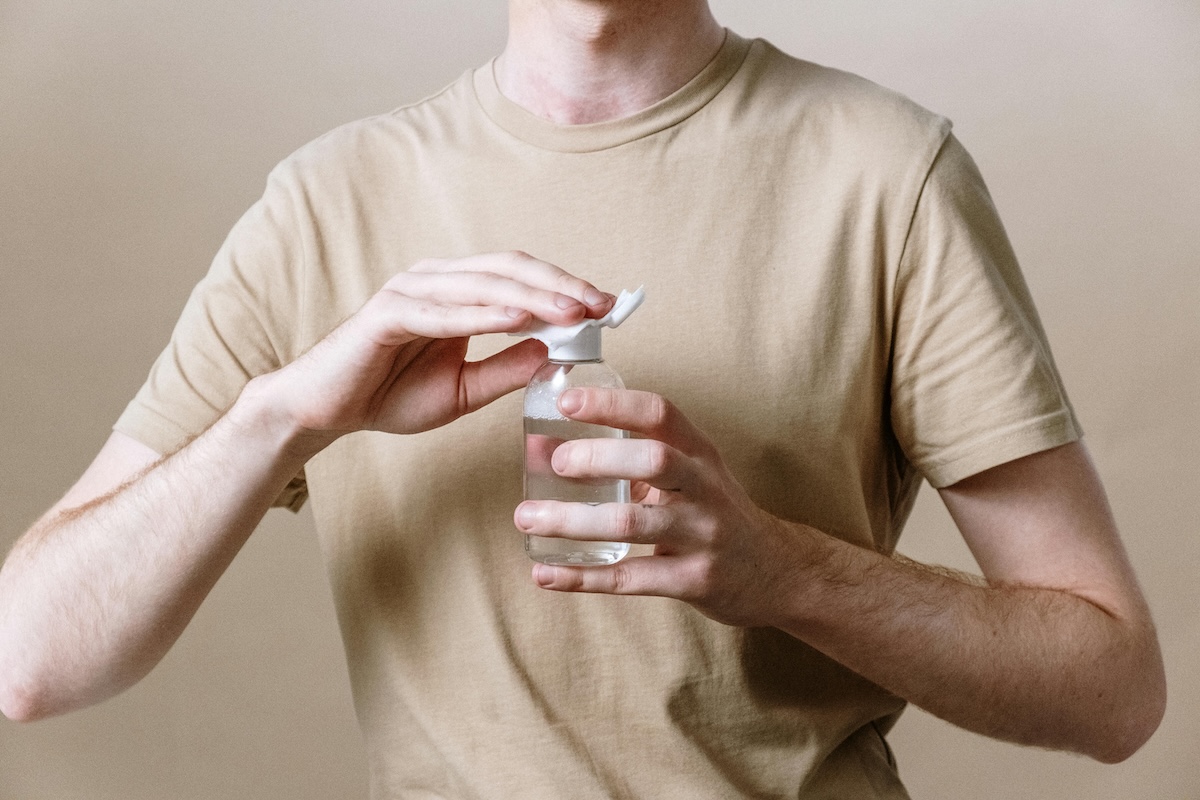Anti-aging solutions are a dime a dozen on TikTok. Ditto for skincare miracles, more generally. Peptides for skin solutions are having a moment on the social media platform. Videos containing the hashtag #peptides have nearly 400 million views. What gives? It’s a tale as old as time.
“There is a huge demand for anti-aging solutions, as the population wants to look as young as they feel,” said Viktoryia Kazlouskaya, MD, PhD, a dermatologist in New York City. “Along with sunscreens and retinoids, peptides are gaining more and more popularity as skin anti-aging agents.”
Peptides may be trending on TikTok. However, the ingredient isn’t new and may already be in a product you’re using. Do peptides live up to the hype? What are peptides, anyway? Dermatologists discussed peptide benefits, how to choose a product with the ingredient, and who should steer clear.
What are peptides?

Peptides are a common skincare ingredient. “Peptides are short chains of amino acids that are the building blocks of proteins,” said Dr. Anna Chacon, MD, a dermatologist. “They play a crucial role in various biological functions, including skin health.”
Amino acids may remind you of “protein.” Remember, peptides are “building blocks to protein.
“The main difference between peptides and proteins is their size,” Dr. Chacon said. “Peptides are smaller than proteins and consist of fewer amino acids.”
Peptides may be small, but they are mighty — and complex.
“Some of them carry or bind active molecules and participate in skin rejuvenating processes, while others act as signaling molecules initiating or suppressing various processes in the skin,” Dr. Kazlouskaya said. “The chemistry of peptides is complex, and there are many currently on the market. Palmitoyl tripeptide-3/5 stimulates our growth factors to induce rejuvenation. Tripeptide-10 binds to collagen, improving skin texture and firmness, while Aquaporin enhances skin hydration and plumpness.”
What are peptides’ benefits when it comes to skincare?

Though the buzz around peptides is due to their anti-aging properties, Dr. Kazlouskaya says this ingredient has several perks.
“Peptides have numerous functions, with the most recognized quality being collagen stimulation, which leads to improved skin texture, hydration, and firmness,” Dr. Kazlouskaya said. Other functions include enhanced hydration, wrinkle treatment, and prevention, as well as calming inflamed skin by regulating inflammation.
That all sounds great — and it is. Still, Dr. Kazlouskaya said peptides aren’t a fix-all.
“While peptides are trendy, they are not the No. 1 answer to all questions,” Dr. Kazlouskaya said. First, the quality and characteristics of the formulation matter. They should be relatively small to penetrate the skin and dissolve in fat so our skin can absorb them.”
Additionally, even quality formulations containing peptides should be considered one part of an overall approach to skincare.
“While peptides are amazing anti-aging remedies and can be introduced into your regimen anytime, one should have realistic expectations and not solely rely on them for your anti-aging regimen,” Dr. Kazlouskaya said. “Lifestyle, diet, and sun protection are crucial factors in maintaining healthy skin. Regular skin checks are also essential for early detection and prevention of potential issues.”
How to choose a product with peptides

Peptide benefits get a boost when you choose a quality product. Dr. Kazlouskaya suggests speaking with a board-certified dermatologist to find the best product for you. Already in the skin care aisle? Dr. Chacon has some tips.
-
Order matters. Dr. Chacon recommends choosing products with peptides listed in the first few ingredients on a label. “This indicates a higher concentration of peptides in the formulation,” she said.
-
Go for variety. Dr. Chacon said products with various peptides target multiple skin issues, providing more benefits in one application. Additionally, she suggests opting for products that combine peptides with other ingredients “like antioxidants, hydrating agents, or skin-soothing compounds for enhanced results.”
-
Read the reviews. The label and marketing copy are there to sell you. What do others think? “Read reviews and seek recommendations from skin care professionals to find reputable products with peptides that have proven efficacy,” Dr. Chacon said.
Peptides or the products that contain them won’t be for everyone. “As a general guideline, you should stop using a skincare product if it causes irritation, redness, itching, or any adverse reactions on your skin,” Dr. Chacon said. “Additionally, if a product has expired or changed in color, texture, or smell, it is time to replace it. It is essential to pay attention to how your skin reacts to products and adjust your skincare routine accordingly to maintain healthy skin.”
Finally, be patient with peptides.
“It may take time to see visible results from using peptides in skincare, as they work gradually to improve skin health, Dr. Chacon said.
Summary

Using peptides for skin issues isn’t new. The short chains of amino acids are considered building blocks of protein and can also serve as a building block for a skincare routine. The ingredient can help with plumpness, skin texture, and hydration — all of which may contribute to softer, youthful-looking skin. Peptides aren’t a cure-all — no skincare ingredient is. Speaking of ingredients, look for products with peptides in the first few ingredients. A dermatologist can help you find the best one for you, but you should stop and seek care if you notice redness or itching. Peptides may take some time to start working. Other general skin care best practices, like applying sunscreen, are still essential when using products with peptides.




